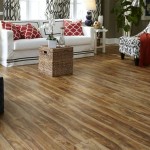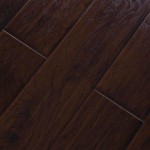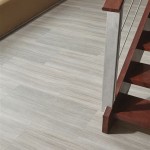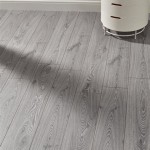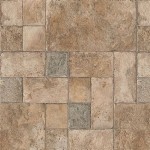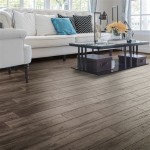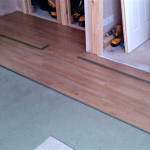Essential Aspects of Flooring J Channel
Flooring J channel is an essential component for various flooring installations, particularly when transitioning between different flooring materials or creating a finished edge along walls, obstacles, or steps. Understanding the key aspects of flooring J channel will enable you to make informed decisions during your flooring projects.
Material Options
Flooring J channel is available in a range of materials, each offering unique advantages and drawbacks:
- Aluminum: Lightweight, durable, and corrosion-resistant; available in various anodized finishes and mill finishes.
- PVC: Waterproof, flexible, and impact-resistant; suitable for use in areas prone to moisture or heavy traffic.
- Vinyl: Flexible, waterproof, and can mimic the appearance of various flooring materials; requires careful installation to avoid buckling.
- Brass: Durable, corrosion-resistant, and adds a decorative touch; more expensive than other materials.
Profile Types
J channels come in different profiles to accommodate specific flooring transitions and edge treatments:
- Standard J profile: Simple L-shaped profile that covers the expansion gap between flooring materials.
- Bullnose J profile: Rounded edge profile that provides a smooth transition from flooring to walls or obstacles.
- Carpet edge J profile: Specifically designed for transitions between carpet and other flooring materials, featuring a notched base that grips the carpet.
- Stair nosing J profile: Used on the leading edges of stairs to provide a safe and durable transition.
Size and Dimensions
Flooring J channel is available in various sizes, typically ranging from 0.5 inches to 1.5 inches in width. The height (leg length) should be chosen based on the thickness of the flooring materials being transitioned.
Installation Considerations
Proper installation is crucial for the functionality and aesthetics of flooring J channel. Key considerations include:
- Subfloor preparation: Ensure the subfloor is level and free of debris before installing the J channel.
- Secure fastening: Use appropriate fasteners, such as screws or nails, to securely fix the J channel in place.
- Expansion gaps: Allow for appropriate expansion gaps between the flooring materials and the J channel to prevent buckling.
- Caulking: Apply caulk along the joints and edges of the J channel to prevent moisture penetration and improve sealing.
Benefits of Using Flooring J Channel
Incorporating flooring J channel into your installations offers numerous benefits:
- Smooth transitions: Provides a seamless and aesthetically pleasing transition between different flooring materials.
- Gap coverage: Conceals expansion gaps, protecting the flooring from moisture damage and debris accumulation.
- Edge protection: Protects the exposed edges of flooring materials from chipping, wear, and moisture.
- Safety enhancements: Stair nosing J channels improve the safety of staircases by providing a secure and slip-resistant surface.
Conclusion
Flooring J channel plays a crucial role in ensuring the functionality, durability, and aesthetic appeal of various flooring installations. By understanding the essential aspects of flooring J channel, you can make informed choices and achieve seamless transitions and edge treatments in your flooring projects.

The 5 Reasons You Need Flex J Channel Solutions Extrudex Llp

12mm Square Edge Matt Chrome Flooring Profile Irish S Ltd

J Channel White 1 8 X4 2 Pvc Mouldings For Windows

Overlapping Vinyl Siding Accessories

The Most Common Flooring Trims How They Are Used

10 Ft L X 1 2 Inch Aluminum J Trim Channel Made In China Com

How To Install Vinyl Flooring Transition Strip Lvp Moulding

J Metal Flooring Transition Nova Tile Carpet

Standard Quality Aluminum J Trim Channel Decorative Roof Edging Corner Profile And

Flooring Trims The Guys
Related Posts

